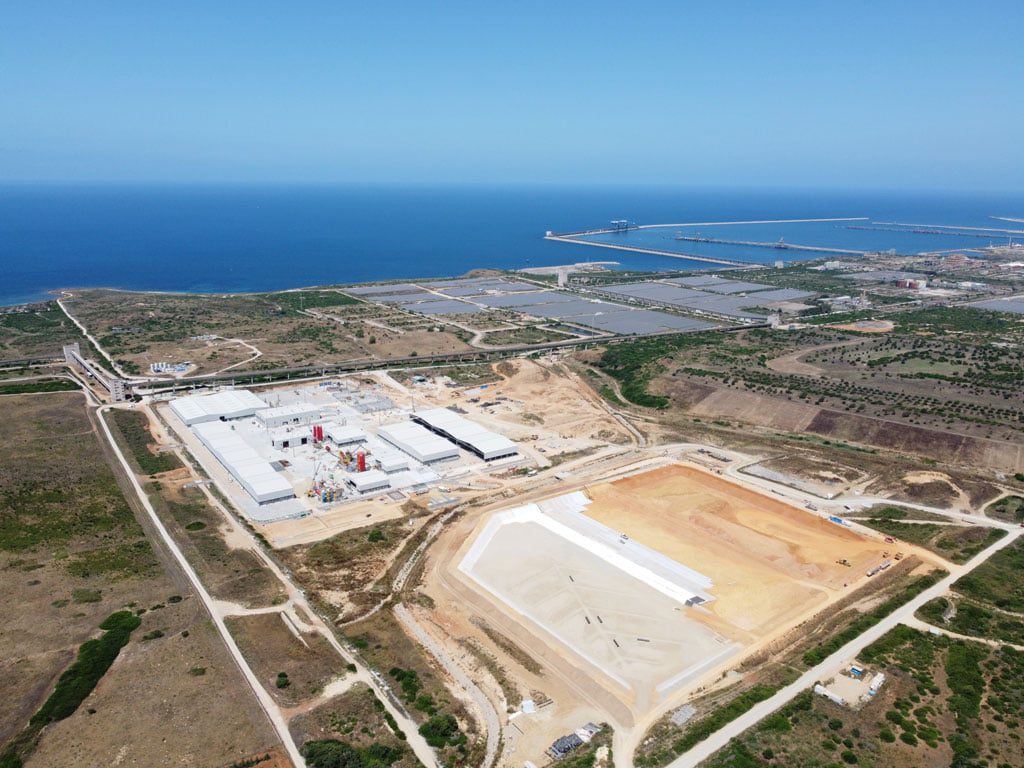This is a fundamental "tactical" issue for the future: this is why we talk about it more and more often, and even today we will be no exception. I'm talking about decarbonization. Yes, I know, it seems like a slightly complex technical term, but in reality it is simply a fundamental objective to protect our planet and ensure a sustainable future for future generations. Capturing and sequestering CO2 from our atmosphere and storing it, or finding a way to transform it into something more “virtuous” without putting it back into the air we breathe: quite a challenge, eh?
MEPs are also aware of this, and in general the entire European Union has set the objective of reduce emissions by 55% by 2030 through the FIT for 55 legislation, which aims to promote innovation and competitiveness of the industry while respecting the environment. The large companies that managed the use of the "old" energy sources have a great responsibility in this sense: if there is to be a transition, the expertise and logistical capacity of these giants is fundamental. For this reason it is important to also underline the efforts to identify technologies for decarbonisation (and not only) that theENI, the Italian oil company, is doing to contribute to this challenge.
A holistic approach
Eni has adopted a holistic approach to accelerate the decarbonisation process, aiming to achieve carbon neutrality by 2050. When I say "holistic", obviously, I mean "global": an approach that considers everything as a set of interconnected and interdependent parts , and not as separate parts. I say this because, in practice, the company is committed to reducing the emissions generated throughout the entire life cycle of its products, trying to make each phase of production and distribution more sustainable. Starting from what is there, and from its very structure. There Directorate General Natural Resources is reducing the carbon footprint of the upstream oil & gas portfolio, increasing energy efficiency and the share of gas produced. The General Management Energy Evolution, instead, has the task of evolving the company's business towards increasingly sustainable products, with particular attention to the decarbonisation of products for mobility, domestic and business consumption. Finally, the TECH function deals with the definition of the innovation strategy, exploring new technologies and developing open innovation channels.
In order to reach Net Zero, Eni has revised its organizational structure, providing for two general managements, Natural Resources and Energy Evolution, as well as, among others, the Management TECH in support of both. It is precisely within the new structure that Eni has established the function Sustainable B2B, in the context of the Energy Evolution General Management, to unload the great technological and commercial potential that the company has equipped itself with to achieve its decarbonisation objectives in the shortest possible time

Eni, three roads to one destination
In summary, Eni is making a great effort to become increasingly sustainable, without losing sight of the creation of economic value and financial solidity. This is an ambitious goal, but fundamental for the future of the company and the planet.
But Eni is not limited to this: the company is also working to promote sustainable mobility, focusing on three macro-directions. In particular, Eni is offering low carbon solutions with advanced energy carriers and completely renewable, service stations which are turning into mobility hubs, electric recharging of the fleet of company and customer vehicles, biomethane and biofuels in the short to medium term. To do so, the company has launched a new company (Eni Sustainable Mobility) which has the specific objective of providing progressively decarbonised services and products for the energy transition.
Building a new world
We know about the present, I told you about the future. I'll tell you about the border now. In addition to "contingent" solutions, Eni continues research into the most advanced technologies in parallel. The main and most important (dare I say decisive) are CO2 capture and magnetic confinement nuclear fusion, as well as alternative energy carriers such as hydrogen and "innovation engines" such as sustainable chemistry. An entire arsenal, metaphorically speaking (better to specify, these days!) to guarantee net zero emissions.
In short (Italian only)
There is no doubt that decarbonisation is a crucial goal for the future of our planet. The cornerstone of the energy transition. Because it is not enough to reforest, and it is not enough to switch to renewable energy. We have to clean everything up (among other things, even environmental remediation must be done with sustainable reclamation) and hurry. The collective and coordinated effort that serves to achieve this goal can only be integrated and completed by the activity of companies that have resources and knowledge. Provided that one is added to these factors: the commitment to enhancing social well-being as well as economic well-being.
Eni is not a non-profit organization, its history is strongly rooted in the industrial trajectory of our country: the work it is carrying out has started the path that can lead this company to become an ethical guide, as well as an energy one. And we badly need this. Good luck to Eni and to all of us.


